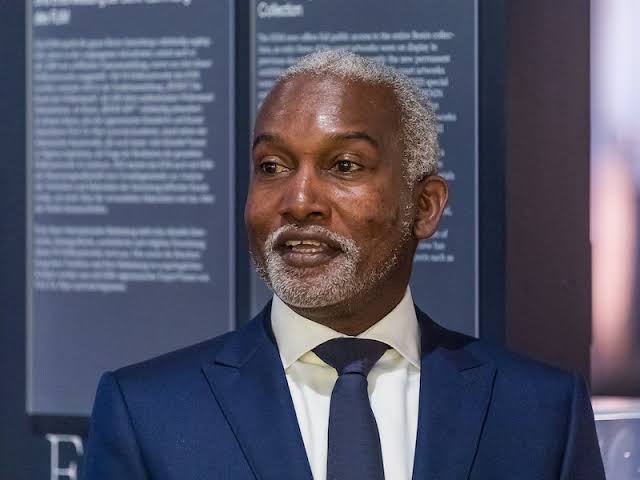The Minister of Overseas Affairs, Ambassador Yusuf Tuggar, has asserted that countering the menace to peace from terrorism and irredentism within the Sahel requires a strong basis of constitutional governance, strong democratic establishments, and collaboration amongst democratic nations within the area.
Ambassador Tuggar made these remarks on Thursday throughout a public lecture on international coverage titled “Overseas Coverage Agenda beneath Tinubu Administration,” organized by the Affiliation of Retired Profession Ambassadors of Nigeria (ARCAN).
The Minister emphasised that the notion that navy regimes is perhaps higher outfitted to fight terrorists and separatists is illusory. He confused that troopers, of their bid for management of the capital metropolis, are prone to turning their weapons on one another reasonably than specializing in combating terrorists. This, in flip, leaves peripheral and border areas extra weak to non-state actors, resulting in elevated insecurity and instability in neighbouring international locations and the whole area.
Highlighting cases of countercoups in West Africa, Ambassador Tuggar famous that Burkina Faso at the moment solely controls lower than 40% of its territory. He argued that as Africa’s largest democracy and the Chair of ECOWAS, it’s Nigeria’s accountability to affix forces with different democracies and constitutional governments to reverse this alarming pattern.
Referring to Nigeria and ECOWAS’s position in profitable elections in Liberia, together with President George Weah’s swish concession, Ambassador Tuggar cited diplomacy as a robust device. Nevertheless, he emphasised the necessity for democracy in world organisations and establishments that always stay unique golf equipment beneath ambiguous standards.
ARCAN President, Amb. John Shinkaye, underscored the importance of international coverage in nationwide governance. He urged the brand new authorities to set acceptable priorities and techniques, figuring out potential challenges that will come up. Shinkaye acknowledged that Nigeria’s international coverage could be formed by home elements, regional dynamics, and world realities, highlighting the significance of understanding how these elements affect the nation’s stance on key points similar to safety, financial cooperation, and worldwide relations.
READ ALSO FROM NIGERIAN TRIBUNE
